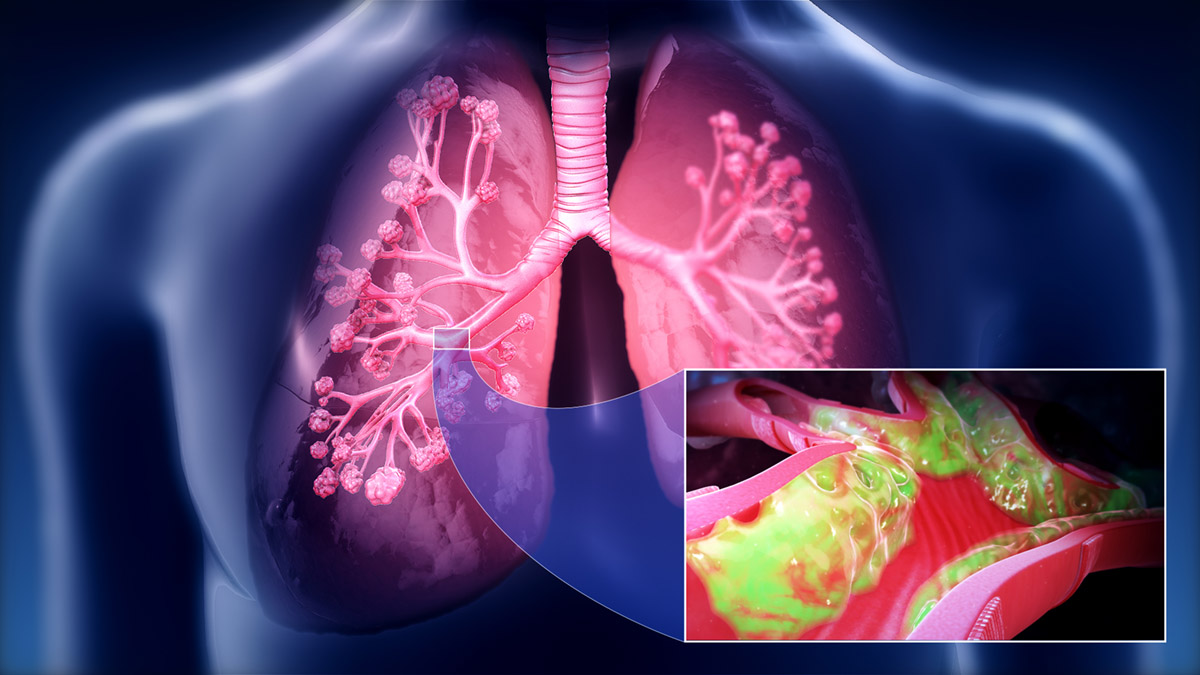
Many people have problems with coughing up mucus, especially smokers and people who have recently been, or still are, ill. This can be an annoying problem as sometimes there does not seem to be an end to it. Mucus is a product of inner membranes in throat and lungs. It is a part of the body’s protective mechanism, with which it expels foreign particles and agents from the lungs. When it is congealed, mucus is called phlegm.
Here are the causes and treatment options for coughing up mucus.
Causes of coughing up mucus
In most cases, coughing up mucus is worst in the morning, this is because mucus is formed in the lungs overnight and it must be expelled in the morning. The color of the mucus may indicate what exactly is causing it. For example, green mucus usually indicates a bacterial or viral infection that is present in the body and in the lungs.
People who suffer from allergies have this problem too, especially when they come in contact with dust, smoke, fumes or chemicals. Smokers also tend to cough up mucus in the morning, and it is usually brownish.
People who have recently stopped smoking are sometimes worried as to why they are still coughing up mucus. This is perfectly normal, the body is cleaning itself and expelling accumulated tar and toxins.
Certain foods can cause this problem too and this is why some people have productive cough after eating. Foods that contribute to the mucus build-up and irritation are fried and greasy foods and dairy products. In this case the mucus usually builds up in the back of the throat and not in the lungs.
Mucus in lungs can be a sign of a disease. This problem occurs as a symptom of many diseases, like asthma, chronic bronchitis, sinusitis, strep throat, lung infections, and whooping cough.
If there are traces of blood in coughed-up mucus, it is a sign of a more serious condition and it requires medical attention as soon as possible.
Treatment
The firs thing to do is to determine if the underlying cause of mucus is serious. It is best to see a doctor who will examine the patient and do the necessary tests, possibly with X rays, sputum analysis, which is an analysis of the spit, and blood work. This is especially important for green mucus, which is usually a sign of infection.
When the underlying cause is determined, it will be treated accordingly, and in case of infections the treatment usually consists of antibiotics.
At-home treatments and remedies are recommended only for mild cases, for allergies and for smokers. This includes gargling with saline solutions, drinking a lot of fluids to break down mucus and make it easier to expel, and staying off fried and greasy foods and dairy products.


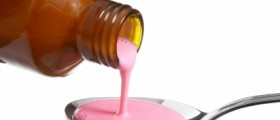







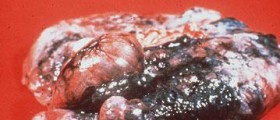

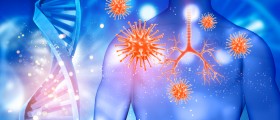



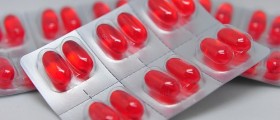
Your thoughts on this
Loading...